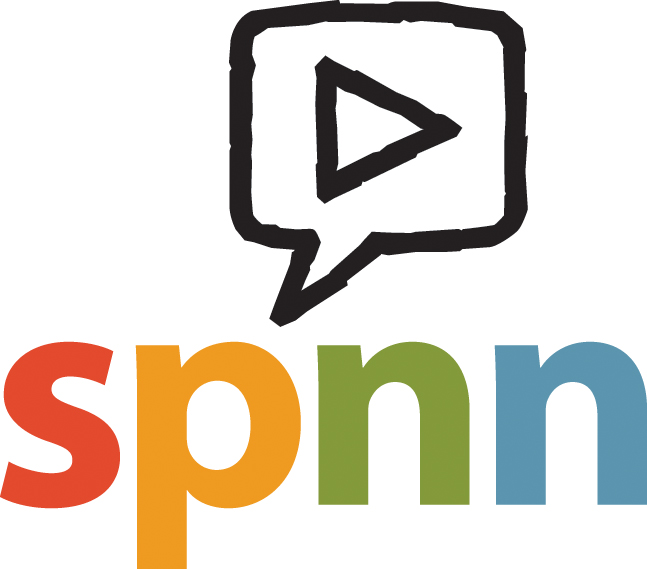CTEP Accessibility Project
Our group decided to undertake this project after we noticed that some people we served in our computer classes and open labs were struggling to use our computer labs due to a disability. More frustrating still, we felt unprepared on our end to serve these individuals. One common example of this is that we have noticed many learners struggling to see what is on the computer screen or projector, and when this happened we felt as though the tools at our disposal were not enough.
There are a variety of cheap and easily accessibility options that can help people who are hard of hearing, have limited eyesight, or fine motor skills. However, we as CTEP members didn't know what our sites actually had on hand to provide assistance. Each of us noticed was that our sites did in fact have a variety of hardware such as trackball mice, handheld magnifiers, and large print keyboards, but they were simply collecting dust in a closet. Some of us noticed that the Microsoft Windows Accessibility Suite, easy to use tools such as text to talk and different color contrast options, was unable to be accessed by us and our learners.
When we became aware of these issues we decided that we wanted to create a plan that would create a simple standard that all CTEP sites and members could adhere to in order to make sure that CTEP members could actually use accessibility features and tools to help learners. During our original brainstorming session, we agreed on a plan to obtain grants to create a kit with various accessibility tools but we discovered that was not practical. After a few more sessions we created a plan with various phases that was more practical and more effective in our opinion. To start, we created a survey to get a clear picture of where each site stood on accessibility in digital literacy programming. We wanted to know what tools they had, and what they knew how to use. We also asked questions about site infrastructure such as if their desks were wheelchair accessible. Next, we published the summary and our opinions on the survey, as well as started work on creating a simple training document that can be given to CTEPs to help familiarize themselves with hardware and software that is inexpensive and accessible. We also created a model accessibility kit that sites can try to emulate. Our idea is that the training document would start to be circulated at the beginning of the 2019-2020 CTEP year.
Throughout the year, we established a relationship with PACER, an organization that focuses on connecting resources with families and educators to assist children with disabilities. We are very excited and proud of this relationship, as PACER has accessibility tool expertise that we could never hope to emulate.
On Friday, April 19th, 2019, we organized a training with PACER, who gave an amazing presentation to the CTEP cohort on different ways we can help persons with disabilities use computers. They showed us different tools that can be checked out at their extensive assistance technology library, as well as software that can be downloaded for free or a very low cost at our sites. We felt as though this training was very eye opening to the CTEP AmeriCorps cohort, and our goal is to have this relationship continue for years to come, preferably at an earlier date in the year so members can be aware of the tools earlier in their service year.
While we have made progress toward the ultimate goal of providing excellent service to patrons and clients with disabilities, we also know that we have a lot more work to do, and we are excited to see the kind of impact our efforts have next year and the years to come.
Group members: Bowen Prince, Brock Hefel, Matthew Bruess, Norma Saavedra
Each year our 35 CTEP AmeriCorps members choose community action projects that make a contribution to bridging the digital divide. The CTEP civic engagement projects are often cited by CTEP AmeriCorps members, staff, supervisors, and community supporters as one of the most unique and energizing parts of the program. This is one of the 2019 civic engagement projects.
